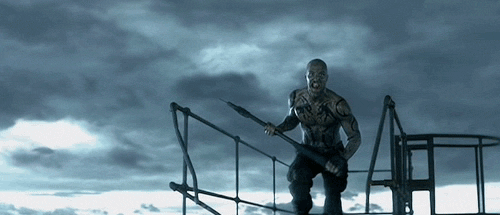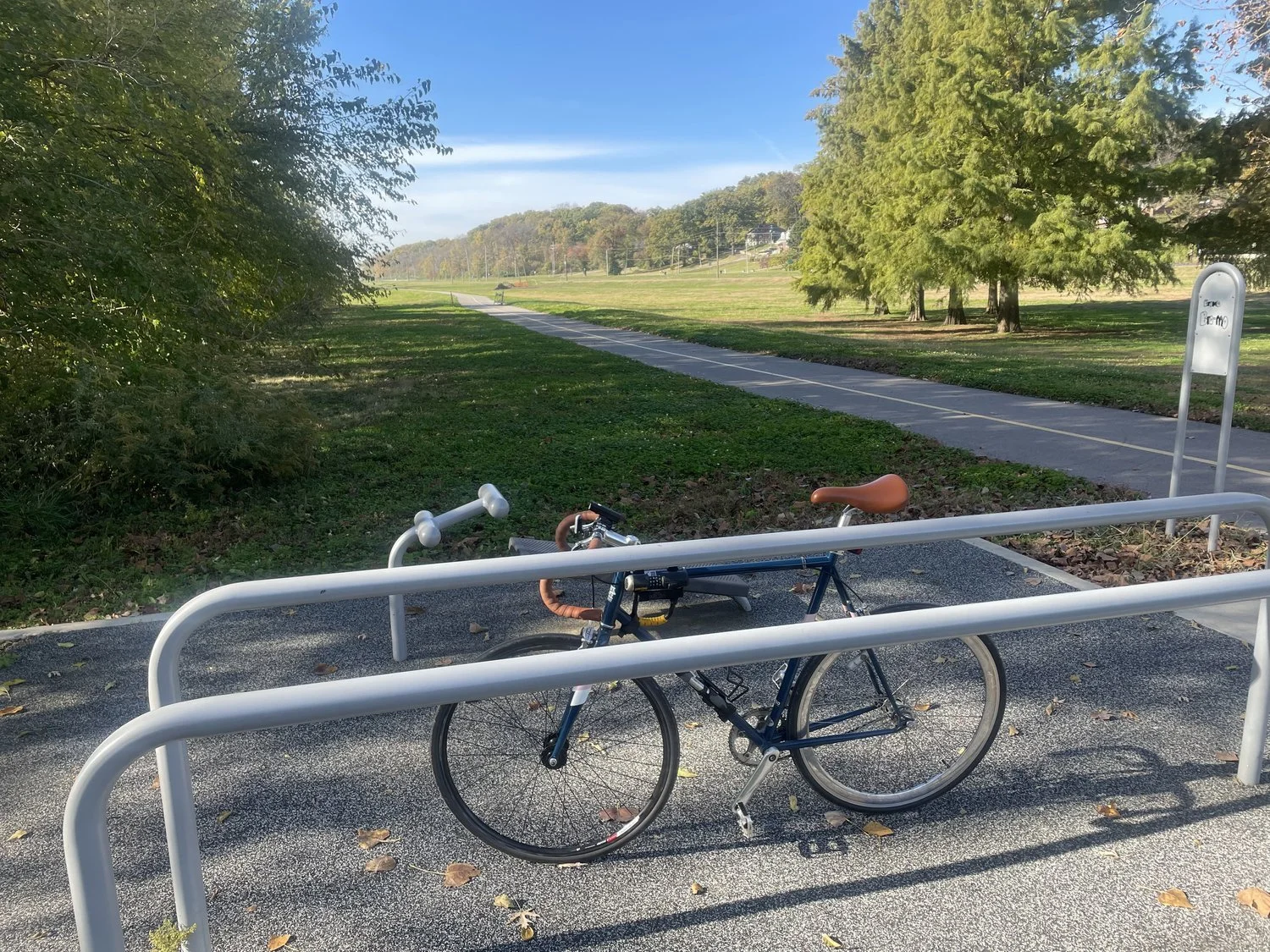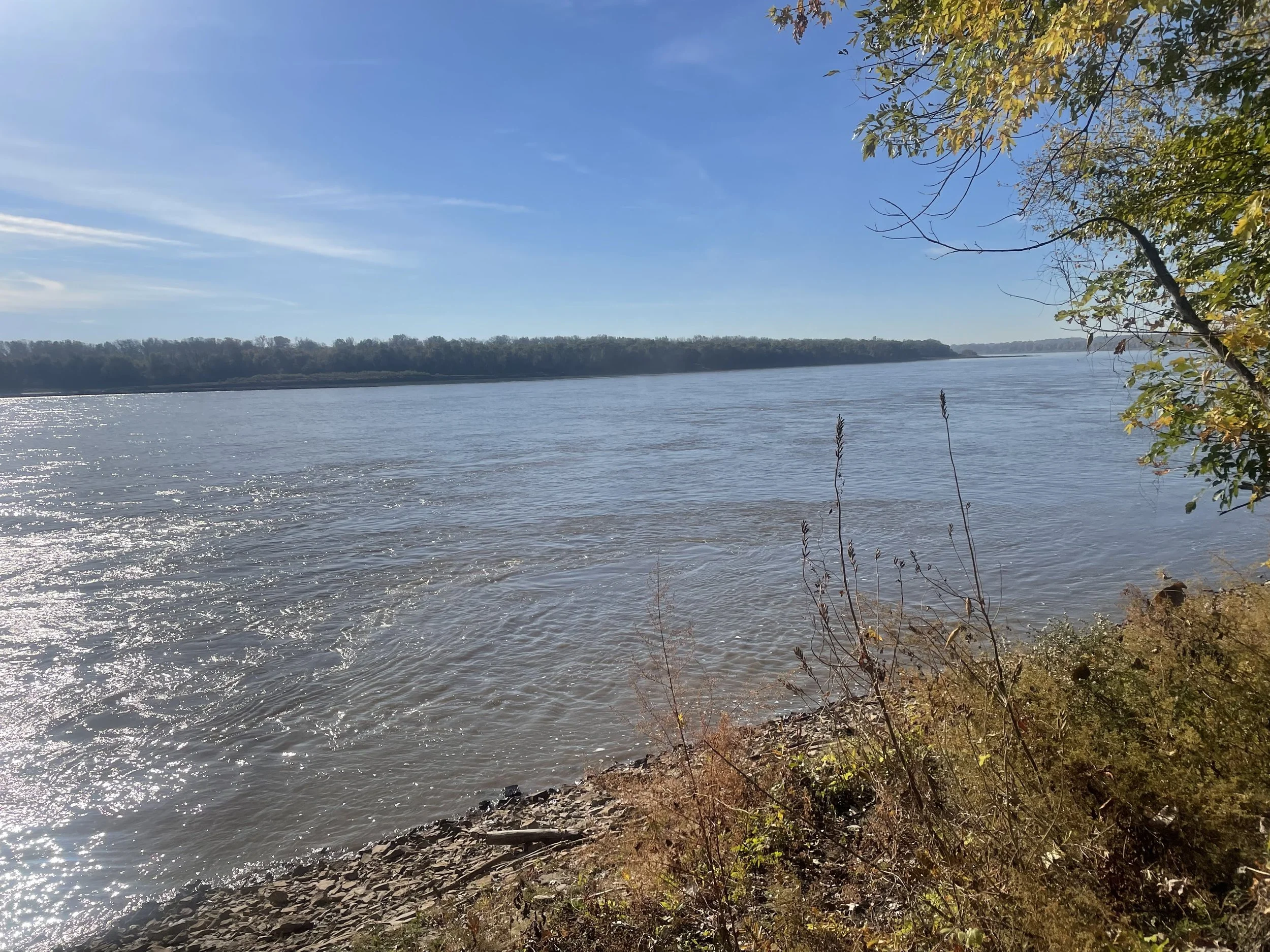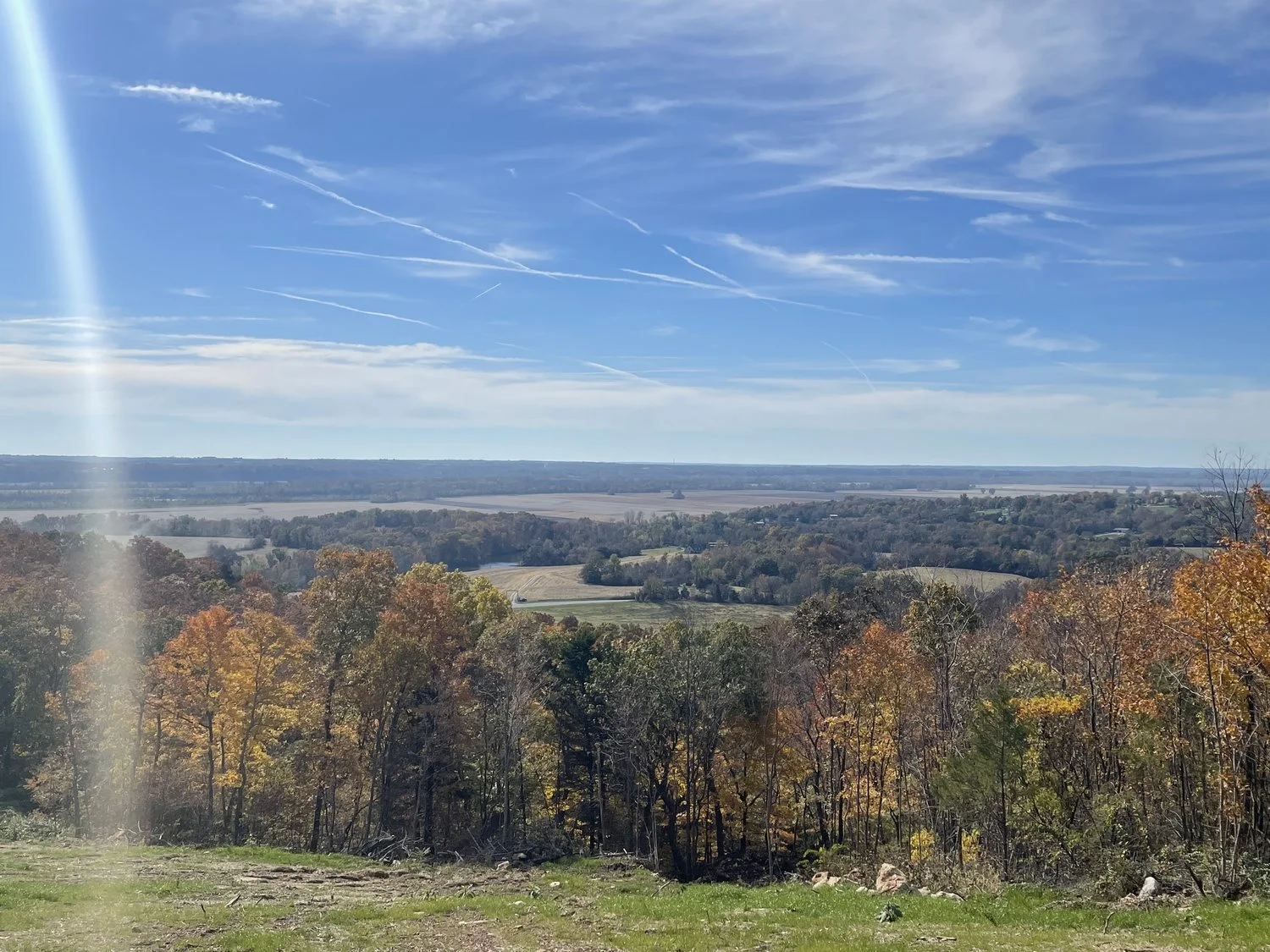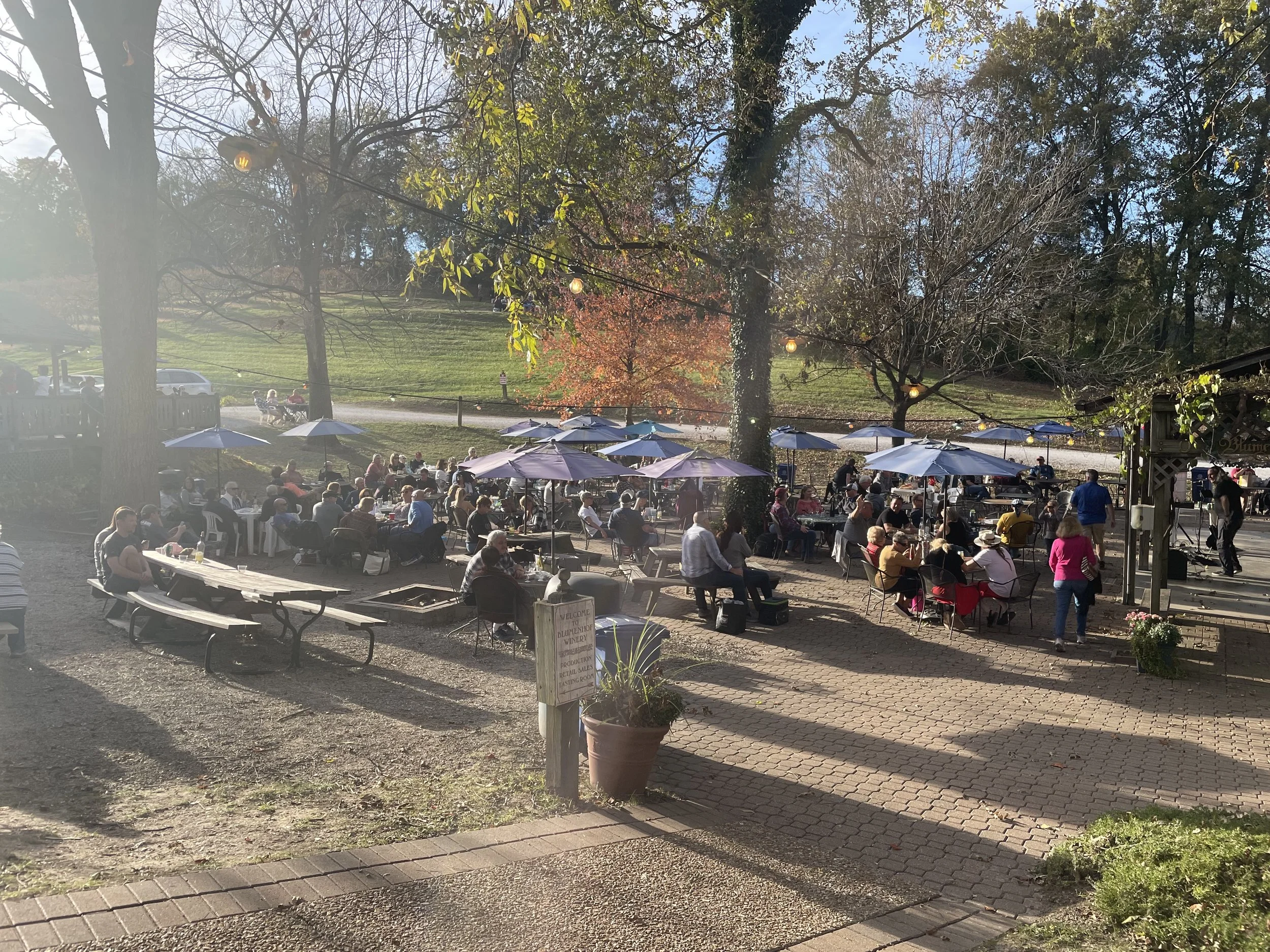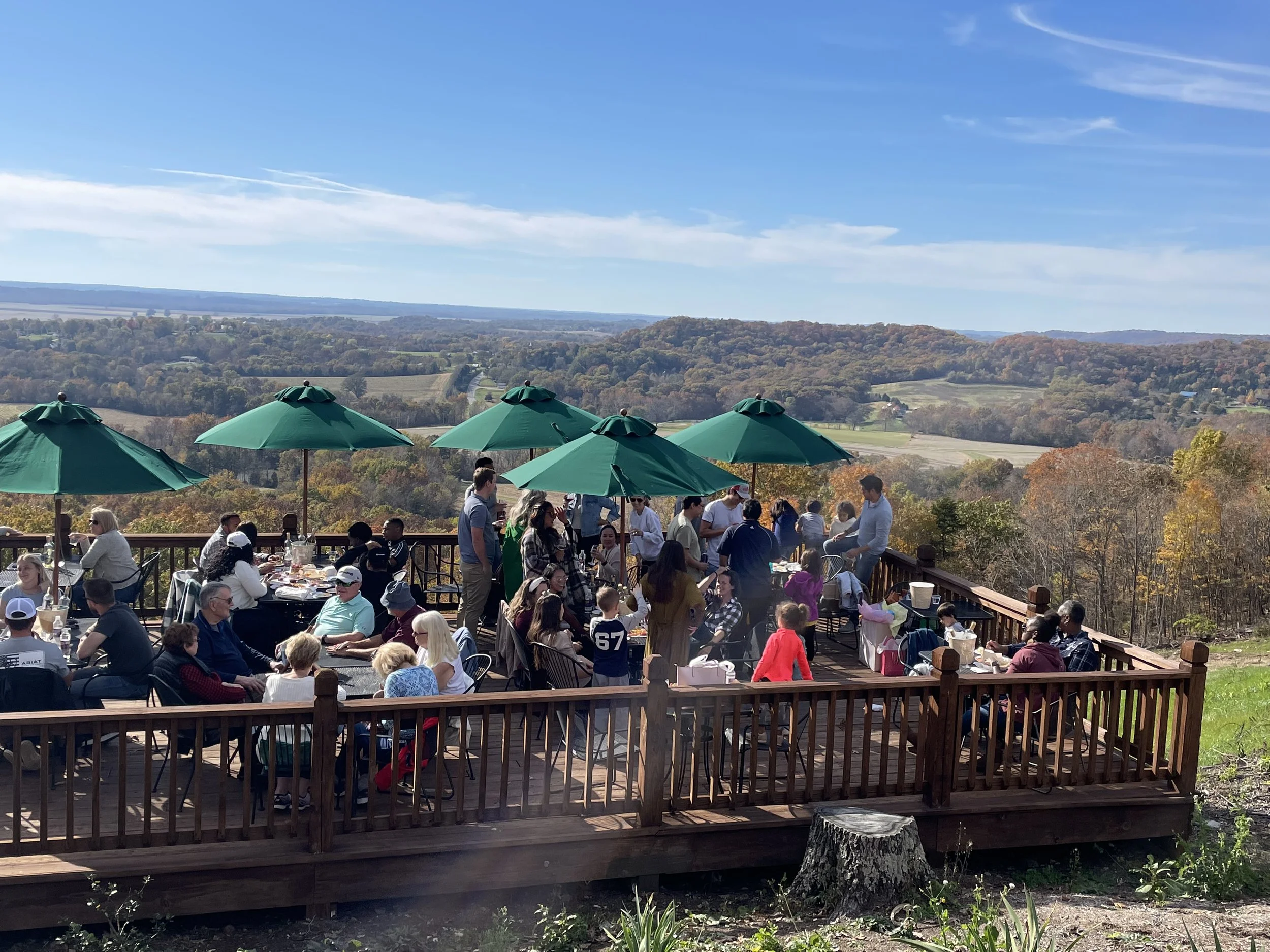This morning I stepped outside my apartment building for my morning walk and noted there was a light drizzle. It was the type that you can’t see; you can only feel the tiny beads of water by walking into them. I had my umbrella but decided it wasn’t worth the effort to unfurl it.
A heavy mist hung in the air and shrouded the downtown building tops. Sudden and intermittent gusts of wind blew the drizzly precipitation into me. It was bracing.
I thought about the looming work emails and virtual meetings and time spent inert, starting at a screen, and suddenly I’d had enough. There had to be a Neverland somewhere.
I decided to speak with a ghost, so I closed my eyes as I approached the downtown library.
When my eyes opened I noted the sky was streaked with reds, oranges, and violets, and the sun hung low on the horizon. I looked around and noted that I was in Las Cruces, New Mexico. The Organ Mountains jutted up and stabbed the sky in the east with their rocky dagger-like tops.
I was near Echo Canyon Road, looking down at a dried-up tributary, an offshoot of the Rio Grande River. The sandy bottom was surrounded with two steep and rocky slopes that led up to the neighborhood street. Everything down there at the bottom was dust and sand, dead.
8-year-old me was at the bottom, running around in random zigzags and talking to himself, throwing rocks into the air and watching them fall. He was dead too. A ghost.
In spite of my ankle I maneuvered down the vertiginous slope to the bottom. Scree slid beneath my feet a few times. The granite rocks here are sharp, I thought, sharper than I remembered from my childhood. Better be careful.
The ghost eyed me with a skeptical glance and kept his distance. I kept my distance too.
“Who are you?” He asked.
“I’m you.”
”That’s impossible. I’ll never grow up.”
“You do,” I replied. “In fact you already have. You’re a ghost now. History.”
The ghost’s eyes widened.
“If I grow up, do I still read comic books when I’m a grown up?”
“No,” I said. “For a long time you don’t read anything. You lose the ability like everyone else. Instead of reading you worry about looking young and buying shit. You will read again eventually, but not comics.”
“I don’t want to read anymore?”
“Instead you stare at computer screens. You check emails. You compare yourself to other people. You worry about money and do chores you don’t want to because you’re told it’s the way to be successful.”
“Maybe I’ll get bitten by a vampire soon so that won’t happen. I’ll be forever and you’ll be the ghost!”
“You won’t. You’re a ghost because our history is written.”
“Let’s change it.”
“I haven’t figured out how. I’ll let you know if I do.”
“That sucks.” The ghost threw a rock with all his might at the horizon. “Maybe I’ll walk to the horizon then. See if there are any creatures there.”
“There aren’t,” I said. “You’ll wander another ten minutes, then get tired and turn back home. I remember this day too.”
”Then maybe I’ll catch some scorpions and tarantulas!”
I smiled. “Yeah,” I said. “You’ll catch a lot of those.”
I checked my phone. It had no signal.
“What’s that?” The ghost asked.
“It’s one of the many deaths of us,” I said.
“So when do I die?”
“August 25, 1994. 1 pm.”
“Pacific Standard Time?”
“No, Eastern. You were born in Florida.”
“That’s right,” the ghost said. “We should hurry to the horizon. La Llorona haunts the river at night. She likes to drag little boys and girls into the water.”
“Yeah”, I said. “I forgot about her.” I cracked a smile.
“Is she the one that kills me?”
“No. She’s one of the things that keeps you alive.”
“Do I end up being an astronaut?”
“No.”
“A professional athlete?”
“Sort of. But for many years you become another one of those soulless adults who whines about their hair and clothes and worries about being late and paying bills and looking good for couples photos.”
The ghost laughed.
“Screw that,” he said.
“Yeah, screw that,” I said.
“Let’s get going,” the ghost said. “I want to see if there’s gold at the horizon. Maybe there’s a leprechaun too.”
“My ankle isn’t so good and I’ve been that way before,” I said. “I’m gonna head up this hill before it gets dark. But enjoy.”
And suddenly the ghost darted toward the horizon, staying within the depths of that dried up river valley, deftly maneuvering the rocks and underbrush to avoid scrapes.
I clambered back up the slope and to the city street. I took a deep breath. The sun would set soon, and La Llorona would emerge from the Rio Grande to drag another child into its icy night waters.
Tumbleweed bounced and rolled down the road, pushed by a steady eastern wind. Pushed from the Organ Mountains, that strange rocky terrain where trolls lived and clubbed human trespassers to death.
How do I get back to the adult world? I wondered. Then it hit me: I didn’t want to.
I looked at the horizon ahead, the path that the ghost took to get to it. At that point where the sky met the earth, something glinted.
Maybe it was gold after all.
I started walking that direction, though I kept to the pavement.
